The content of the article
Modern man is trying to devote less time to household chores, so he is in search of simple solutions. Such cases include washing dishes, which without a special machine can take a long time if a big feast has passed. What to do when you have to wash not a couple of plates and spoons, but a full table of dishes? In such cases, simple tips will come in handy; they will save time, effort and water costs.
How to optimize the dishwashing process
- Take the habit of washing dishes immediately. Do not wait until the moment when all the food dries to the plate, because it will be difficult to scrape it off. Of course, sometimes it seems difficult to wash a plate or mug. Such a situation is observed if there is already a pile of dishes in the sink and none of the household wants to wash it. Agree with all members of the family that from now on everyone is washing dishes.
- If you have completely lost the urge to wash dishes immediately, soak it in a basin or sink with water and detergent. After such actions, you will be sure that the food does not stick to the plate. You just have to wipe it with a sponge with detergent, rinse and dry.
- Use good sponges for washing, abandon the old-fashioned way with a “cloth”. Foam rubber will save you not only time for washing dishes, but also a tool, as well as water. Do not wait for the sponges to absorb fat and become unusable. Change them regularly. Buy an aluminum wicker sponge to remove sticky dirt. They quickly remove dried food faster than foam.
- After the meal, you don’t need to put one plate in another, especially if you are not going to wash the dishes immediately. This option is suitable for those who will soak plates with water and detergent. But in all other cases, the food will stick to the bottom of the dishes, it will be more difficult to wash.
- There is no need to regret detergent, it is specifically designed for thorough washing of dishes from grease and food debris. Pour more gel onto the sponge, then foam it and start washing.
- To optimize the washing process, take the habit of pre-sorting dirty dishes. Forks separately, spoons separately, knives, plates, mugs separately. Wash the dishes in batches, practice has shown that this saves significantly more time.
- So that the water does not pour constantly into the sink while you are washing the dishes. Turn off the taps. First, rub each plate (pan, fork, pan, etc.) with detergent, set aside, then rinse.
- Never stop there. Learn to wash the dishes for a short time and with less water (if the goal is to save family resources). For example, today you washed the “mountain” of dishes in 10 minutes, tomorrow you need to perform the same actions in 7, without losing quality. Continually improve your skills to make it more interesting!
Proper dishwashing
After familiarizing yourself with ways to optimize your dishwashing, learn the basic steps in this process.
Step number 1. Soak
Fold spoons, forks, knives, and other small items in a basin. In the second container, send plates with mugs, another large dish.
Pour in hot water and add detergent. Leave the cutlery for 15-20 minutes to soak. If there are too many dishes, soak it in batches.
If you do not have a basin for such manipulations, use the sink. Cover it with a stopper, draw hot water and add detergent. Leave the dishes soaked for the specified time.
Step number 2. Washing dishes
When soaking in a separate bowl or bowl, carry out the following manipulations:
- Apply detergent to the sponge and foam. Remove the first plate or other large object from the basin, wash on both sides. Send the dishes "in the foam" into the sink, take the next item.
- When all the dishes, along with spoons, forks, plates, are transferred to the sink, begin to rinse it with a weak pressure of water. Set aside in a drier or wipe with a towel.
If preliminary soaking was carried out directly in the sink, proceed differently:
- Set the flow of water to a minimum, take a plate in your hands and walk along it with a sponge and detergent. Substitute for tap, rinse, put in the dryer.
- Rinse all dishes and small cutlery in the same way, then move on to the dirtiest ones (pans, pots, baking trays). In this way, the dishes can be washed much faster.
Folk dishwashing detergents
If there are no detergents at hand, use improvised formulations. They are not only famous for their naturalness, but also effectively cope with severe pollution.
Baking soda
Take a new sponge and moisten it in water. Pour a little soda on a hard surface, fold the sponge in half. Loose powder should be inside to moisturize. Wash the dishes in the usual way, then rinse.
You can pre-cook the pulp from soda by combining it with water. In this case, the paste-like mass will need to be scooped up on a sponge, the washing technique does not change.
Soda can not be used on non-stick and Teflon coatings. It perfectly cleans cutlery, plates, porcelain items.
Mustard powder
The technology for using mustard for washing dishes is identical to the use of soda, but only mustard powder is required less. To wash very dirty dishes, mix the powder with vinegar (table or apple). Mustard can be used for Teflon and non-stick coatings, it also quickly cleanses fat and carbon deposits.
Practical recommendations
- To wash the dishes as quickly as possible, you can resort to additional tricks. Wipe the crystal and various tea accessories with a dry soft towel.
- As for porcelain gilded saucers and cups, such things are best washed with natural household soap. To get rid of plaque on such dishes, you need to use a solution of baking soda. You can fill the cup and leave it overnight.
- To give the aluminum dishes a pristine shine, you need to use a solution. To prepare it, you need 20 liters. warm water, 100 gr. silicate glue, 120 gr. soda ash. Boil the dishes in the composition for half an hour, leave to cool completely. This way you can wash the burners.
- To wash decorative dishes (vases, decanters with a narrow neck), you need to use liquid detergents with the addition of pieces of paper and eggshell.
- A composition based on water and liquid ammonia (60 grams of alcohol per 1 liter of water) copes with greasy stains on glasses.
- Baking sheets should be washed with a moist powder of directed action or with baking soda. After the procedure, rinse the tray with running water. Dry the product and heat in the oven.
It is easy to wash the dishes in a quick way, if you arm yourself with knowledge and small tricks. Choose detergents and compositions based on the type of product. Follow practical recommendations and you will have no difficulties.
Video: how to wash dishes without detergent

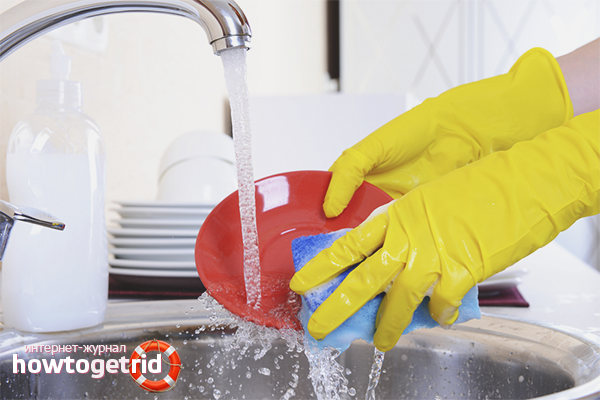
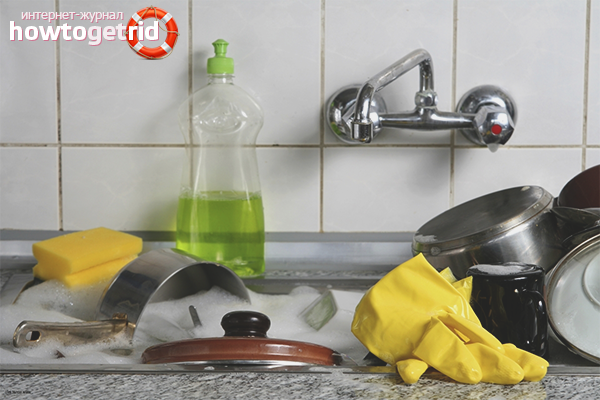

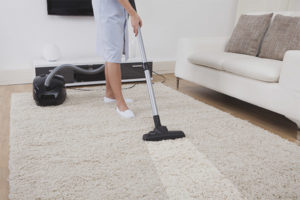
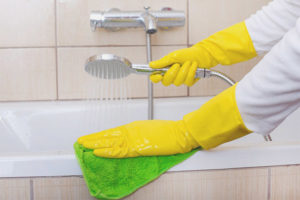
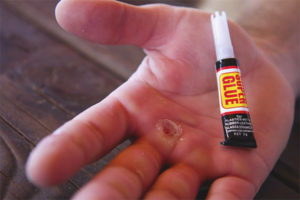
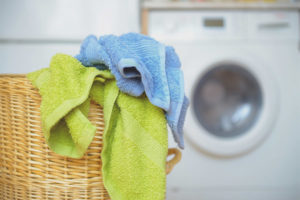
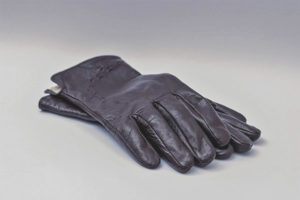

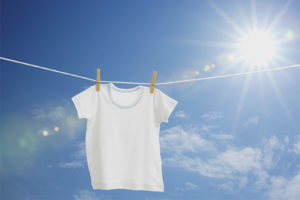
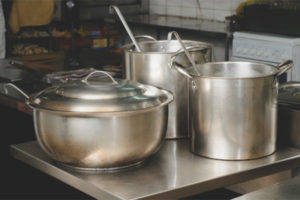
Submit